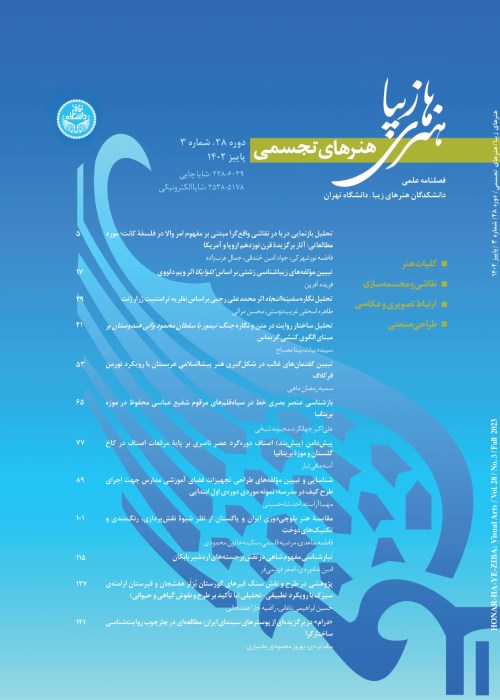Rethinking design thinking through the lens of capability
Design thinking as a way of guiding innovation has attracted the attention of innovative companies in recent years. By studying the practice and thinking of designers, this method tries to identify their work method in problem solving and develop it for use by nondesigners. However, this approach has always faced criticisms in its implementation. The lack of empirical research in this field has led to relying on optimistic narratives about the success of large companies, and despite the lack of empirical evidence and houlistic theoretical foundations, design thinking is increasingly applied by various industrial organizations. This rapid diffusion of design thinking into practice has not been accompanied by a rapid and strong development of its theoretical underpinnings. The reduced understanding of design thinking as a method of process that is not able to tell all aspects of thinking and acting like a designer is one of the most important factors of this deficiency. onsolidation of design thinking as an innovation "process" consisting of "stages and tools" has been one of the results of this view, which has reduced the innovation capacity of this creative approach to facing problems in a step-by-step and gradual way of solving the problem. This superficial interpretation of the designer's performance, which has faced problems with its deep implementation as a way of attitude in the mindset of the organization, has faced reactions and criticisms. Based on this, a group of studies, in a deeper look, have found this way of expression and the level of intervention to be insufficient, and have noted the necessity of implementing design thinking at the level of the organization's mindset, strategy and culture. Nevertheless, these reactions suffer from the lack of a unified concept for rethinking in design thinking, and they have been less able to achieve a consensus to guide the flow of evolution in explaining design thinking. In this study, we have shown that a new stream of research has emerged in the pursuit of reconceptualizing design thinking in the framework of capability. The diagnosis of this emerging current was done through identifying the main currents related to design thinking in innovation and in-depth analysis of selected studies in the discussed field. Considering the strategic position of the concept of capability in the literature of the organization, we believe that this form of conceptualization is able to solve the gap in the implementation of design thinking at the level of the organization's mindset and mentality and to obtain a deeper reinterpretation of design thinking. However, the deep influence of the cognitivist paradigm in the popularized interpretation of design thinking is a major obstacle to this trend. The influence of this paradigm has caused the formation of a reductionist look at design thinking, which, flows again in this new trend while referring again to the scope of these studies. Therefore, our final suggestion against this problem is to refer again to designers as the main source of design thinking and try to re-study them based on the capability lens to extract and apply designerly capabilities.
- حق عضویت دریافتی صرف حمایت از نشریات عضو و نگهداری، تکمیل و توسعه مگیران میشود.
- پرداخت حق اشتراک و دانلود مقالات اجازه بازنشر آن در سایر رسانههای چاپی و دیجیتال را به کاربر نمیدهد.


